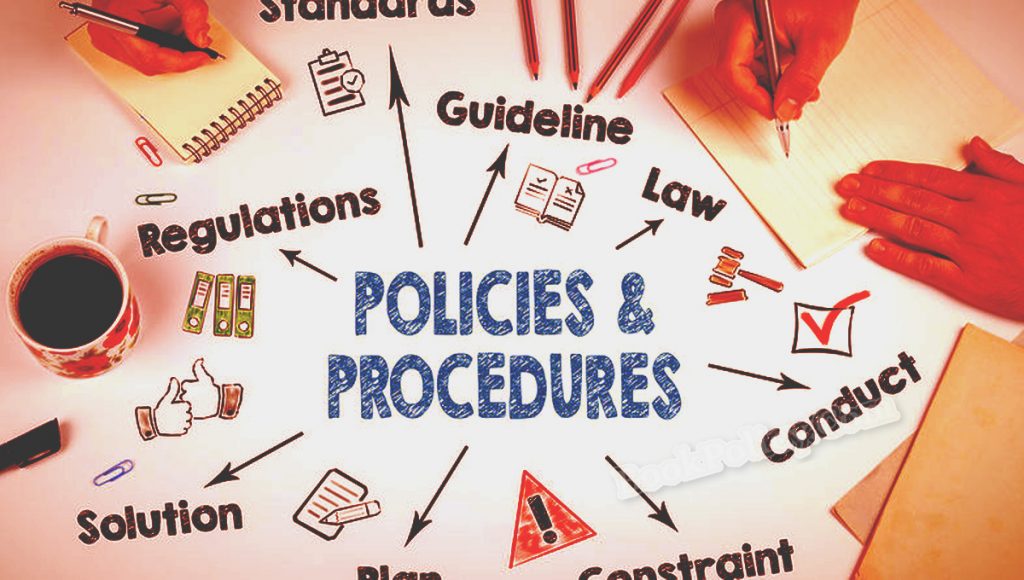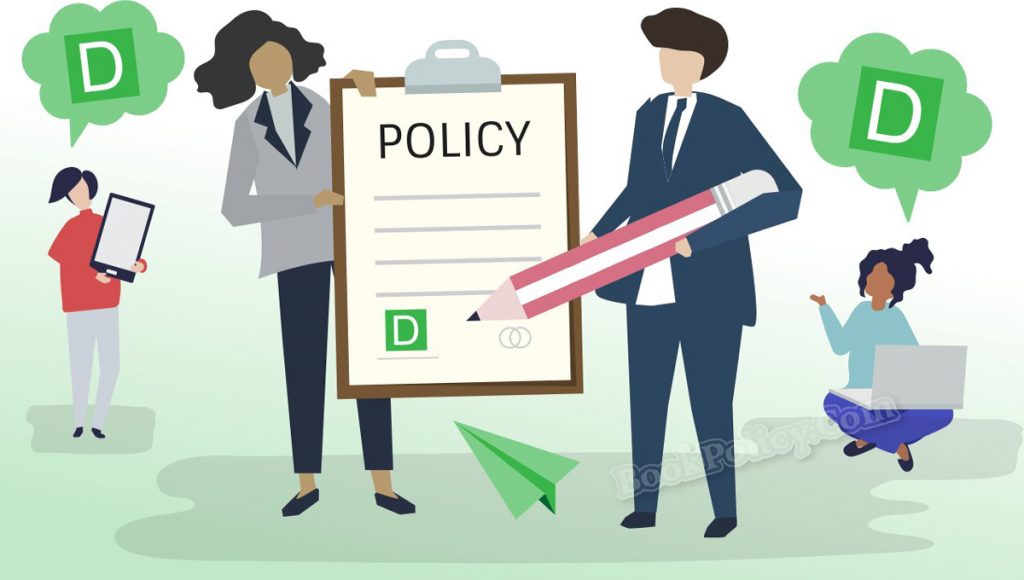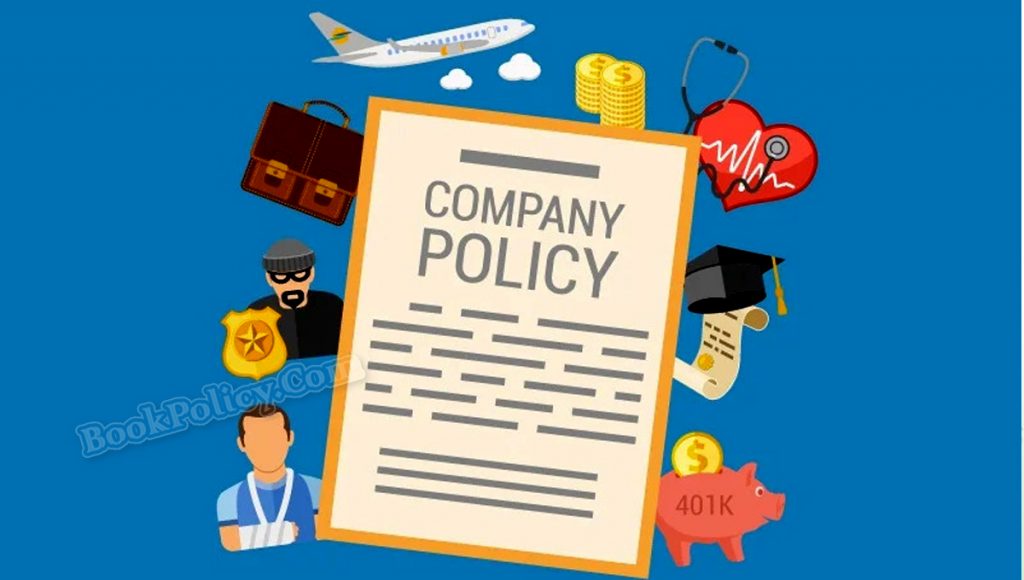Policies simply guide our actions. Policies can be guidelines, rules, regulations, laws, principles, or directions. They say what is to be done, who is to do it, how it is to be done and for whom it is to be done. Most of us think that we have no control over policies and that they are issues our elected officials and bureaucrats deal with. Well, this is not true. The world is full of policies for example, families make policies like (No TV until exam is done).

Agencies and organizations make policies that guide the way they operate. Stores have return policies. Workplaces have policies about things like sick days. Schools have policies that describe the way they expect children to behave. Policy occurs at various levels and points of interaction personal, organizational, and public.
If we use the right strategies we can be successful in influencing all aspects of policy. The following section will help to clear up some of the questions you may have about policies and will hopefully allow you to see the many different ways you can be involved with changing policies to increase food security in your community
About Personal Policy :
Personal policy is the set of standards you use to guide your own decisions and actions. Despite our best efforts, economic realities can sometimes make it difficult to carry out personal policies. For example, you may want to buy from local stores, but Wal-MartR is the only store you can get to without a car.

One theme that came out of our story-sharing workshops in Nova Scotia reflects a personal policy and economic reality of many families-first pay the bills to ensure transportation to work, a roof over their heads, and heat in their homes, then worry about food.
It has often been found that although food is necessary for survival, the money for food is the most flexible portion of a family’s budget and so is the part that gets cut to meet other needs.
About Organizational Policy :

Organizational policy guides how organizations and businesses operate. Unlike public policy, which often has opportunities for public input, organizational policies are often made out of public view. The internal policies of a surprising number of businesses and organizations can have an impact on food security for example, supermarkets, food banks, food processors, trucking companies, and land developers.



1 Comment
Ok